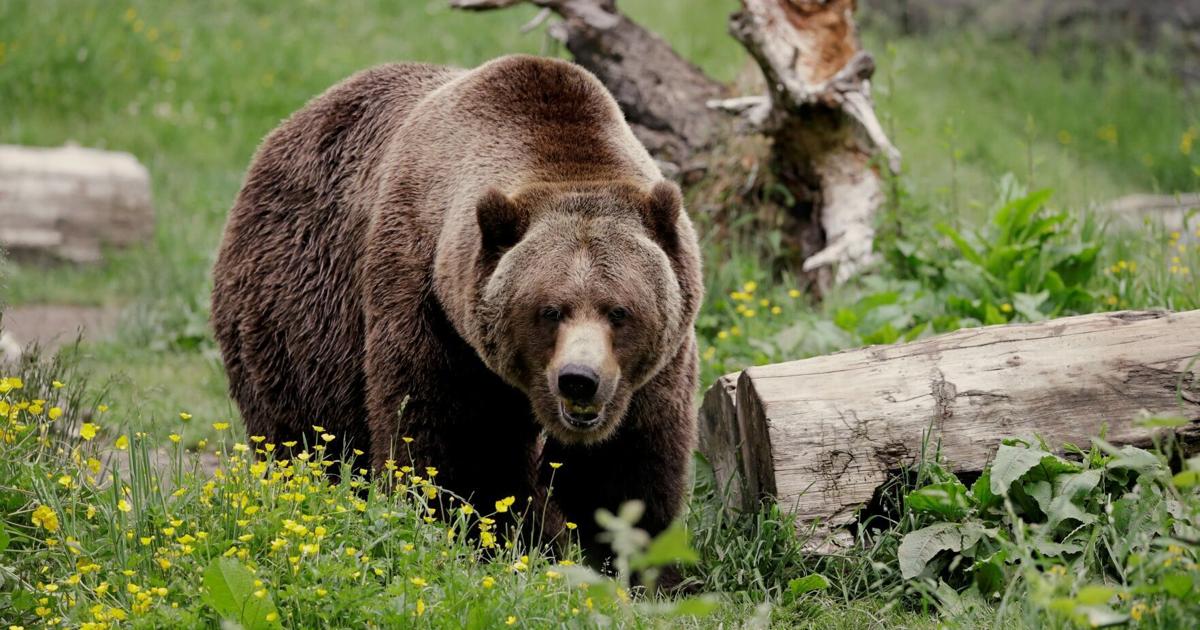Is Newsom Right to Be Outraged Over GOP Censorship After Kimmel's Pull?

Published: 2025-09-18 00:07:52 | Category: Trump GNEWS Search
California Governor Gavin Newsom has taken a strong stance against what he perceives as censorship by the Trump Administration, particularly following ABC's decision to pull Jimmy Kimmel's talk show indefinitely. Newsom's remarks highlight growing concerns about media control and the implications for free speech in the United States.
Last updated: 24 October 2023 (BST)
Understanding the Context of Censorship Claims
The recent developments surrounding Jimmy Kimmel's show have reignited discussions about censorship, especially in the political arena. Governor Newsom's comments reflect broader anxieties about the influence of political power on media platforms and the dangers of perceived coordinated actions against free speech.
Key Takeaways
- Governor Gavin Newsom criticises the Trump Administration for actions perceived as censorship.
- ABC's decision to pull Jimmy Kimmel's show is linked to FCC Chairman Brendan Carr's threats regarding broadcasting licenses.
- Newsom’s comments indicate a belief in a coordinated effort by the Republican Party to control media narratives.
- Public reactions include support for free speech and criticism of the media's influence in politics.
- Media analysts and commentators are weighing in on the implications for free speech and the role of government in media oversight.
The Incident That Sparked Controversy
ABC's choice to suspend "Jimmy Kimmel Live!" comes after FCC Chairman Brendan Carr expressed intentions to reconsider the network's broadcasting license if they did not take action against Kimmel, who made comments about the death of far-right activist Charlie Kirk. This situation has raised alarms about the intersection of comedy, commentary, and political retribution.
Governor Newsom's Statement
In a post on X (formerly Twitter), Newsom outlined what he perceives as a troubling pattern of behaviour from Republican leaders. He accused them of "buying and controlling media platforms," "firing commentators," and "cancelling shows," framing these actions as a coordinated effort to undermine free speech.
Newsom’s assertions suggest that these recent events are not isolated incidents but part of a larger strategy to shape public discourse. He emphasised that the Republican Party's actions are indicative of a broader trend that threatens democratic principles.
The Role of Social Media in Political Discourse
Newsom's use of social media to voice his concerns highlights the platform's role in modern political discourse. His posts often aim to engage a wide audience, using social media as a tool for activism and rallying supporters. This instance is no different, as he seeks to draw attention to the perceived dangers of media control and censorship.
Media Responses and Public Reactions
In addition to Newsom's comments, the Governor's Press Office account also shared a meme from CNN Media Analyst Brian Stelter. This meme depicted characters from "The Office" celebrating in a manner that seemed to mock the seriousness of the situation. The Press Office labelled ABC's decision to pull Kimmel's show as "corrupt, despicable, & spineless behaviour," intensifying the call for accountability regarding media practices.
Reaction from the public and commentators has been mixed. Some, like Fox News' Jessica Tarlov, highlighted the need for right-wing advocates of free speech to address these developments. This indicates that the issue transcends party lines, with various individuals recognising the potential dangers of censorship.
What This Means for Free Speech and Media Control
The implications of these events extend beyond Kimmel's show. They raise crucial questions about the state of free speech in the United States and the role of government in regulating media. The idea that a government official can threaten a broadcaster's license based on content raises eyebrows regarding censorship and the protection of journalistic integrity.
As political tensions escalate, the relationship between media and government will continue to be scrutinised. Analysts warn that if such censorship practices are allowed to continue, it could set a dangerous precedent for the future of media freedom.
Potential Impact on Future Programming
With ABC's decision to suspend Kimmel's show, other networks may reconsider their programming choices, particularly when political commentary is involved. This could lead to a chilling effect, where comedians and commentators self-censor to avoid potential backlash from political figures or regulatory bodies.
As the landscape of political satire and commentary evolves, the line between free speech and censorship will likely become even more blurred, prompting further debate and discussion in the public sphere.
The Broader Landscape of Censorship in Media
In recent years, the conversation around media censorship has gained momentum, with various incidents prompting discussions about free speech. The actions taken by government officials and media companies often reflect deeper societal issues concerning the power dynamics between politics and media.
The current situation surrounding Jimmy Kimmel serves as a case study for understanding the implications of censorship. As comedians and commentators navigate these waters, the impact on their work and the broader media landscape remains to be seen.
Looking Ahead: What Will Happen Next?
As the fallout from Kimmel's show continues, observers will be keen to see how the situation develops. Will ABC reinstate Kimmel's show, or will the network succumb to pressures from political figures? Furthermore, what steps will other media companies take in response to these developments?
It is crucial for audiences and stakeholders in the media industry to remain vigilant. They must advocate for free speech and protect the integrity of media platforms from undue political influence.
FAQs
What led to ABC pulling Jimmy Kimmel's show?
ABC's decision to suspend "Jimmy Kimmel Live!" followed threats from FCC Chairman Brendan Carr regarding the network's broadcasting license after Kimmel made comments about far-right activist Charlie Kirk's death.
What is Governor Newsom's position on media censorship?
Governor Newsom has condemned actions by the Trump Administration as coordinated attempts to censor free speech, particularly highlighting the implications of controlling media platforms.
How are public figures reacting to the Kimmel situation?
Public reactions have varied, with some commentators, such as Jessica Tarlov, emphasising the responsibility of free speech advocates on the right to address the implications of censorship.
What are the potential implications of this incident for future media programming?
This incident may prompt other networks to reconsider their programming choices, potentially leading to self-censorship among comedians and commentators wary of political repercussions.
Why is media censorship a significant issue?
Media censorship poses a threat to democratic principles and free speech, raising concerns about the influence of political power over public discourse and the potential chilling effects on journalism.
As these discussions unfold, the future of media and free speech hangs in the balance. How can society ensure that voices are not suppressed in the pursuit of political agendas? #FreeSpeech #MediaCensorship #PoliticalDiscourse



